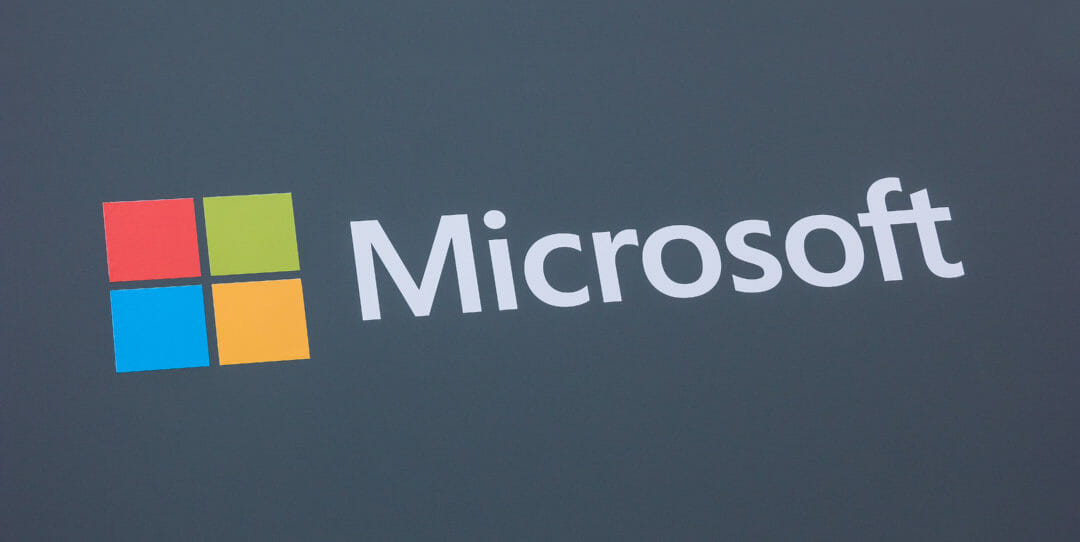The new global digital skills initiative from Microsoft will be delivered in collaboration with LinkedIn and GitHub, and aims to boost employment opportunities amidst Covid-19.
One part of the initiative comes from the LinkedIn Economic Graph, which delivers real-time data and analytics based on labour markets, including companies that are hiring, the most in-demand roles, and the skills required for those roles.
Using a new interactive tool, users can sort this data, which is being made available to them for free, by country or region, and can download data sets. This capability is currently available in over 150 cities and over 30 countries.
Using the Economic Graph, Microsoft identified the top 10 most in-demand jobs currently in today’s economy, all of which are well positioned to grow in the future:
- Software developer
- Sales representative
- Project manager
- IT administrator
- Customer service specialist
- Digital marketing specialist
- IT support/help desk professional
- Data analyst
- Financial analyst
- Graphic designer
Leading on from these findings, Microsoft is offering learning resources that teach skills relevant to the above roles, as well as more technically advanced positions, using Microsoft Learn.
Coronavirus Diary: the impact on senior level recruitment in the technology industry
LinkedIn is also making its learning paths, which are aligned with the most in-demand roles, available to job seekers. These include LinkedIn Learning’s library of courses, and video content currently available in English, French, German and Spanish.
The GitHub Learning Lab, a bot-based learning tool, will provide further assistance to learners, offering lessons on coding, and operating Git, GitHub, and other technology.
In addition, Microsoft are arranging exams for role-based certifications for $15, making these available to learners who claim that their job situation has been affected by Covid-19. Those who take these courses have from September until the end of 2020 to schedule exams, and until March 2021 to complete them.
“In six months, the world has endured multiple challenges, including a pandemic that has spurred a global economic crisis,” said Brad Smith, president at Microsoft.
“As societies reopen, it’s apparent that the economy in July will not be what it was in January.
“One of the key steps needed to foster a safe and successful economic recovery is expanded access to the digital skills needed to fill new jobs.”
Nick Ford, chief technology evangelist at Mendix, said that it’s often the support of employers, not the lack of eagerness to learn, that has been a common issue.
“This Microsoft initiative is a fantastic way to provide up-skilling to millions of individuals looking to build on their current skillset,” said Ford. “It’s clear that UK organisations face significant challenges to deliver on their digital objectives which may have been impacted heavily by the Covid-19 pandemic. The good news is that most individuals do not lack the ambition for digital skills; they actually lack the support of their employer.
“Digital has become the new ‘language’ employees are required to speak, yet many businesses expect fluency without providing adequate learning opportunities. Far too often, talented people are not encouraged – or even allowed – to take part in strategically important digital projects. Instead, they are trapped inside legacy structures that stifle their capabilities.
“There are plenty of creative individuals with the ambition and desire to drive their own initiatives, but they often lack the confidence, and the right tools to bring these creative ideas to life. Fortunately, there are a number of technologies available, such as low code, that enable and foster diverse teams to collaborate and unlock the vast potential that is out there.”










